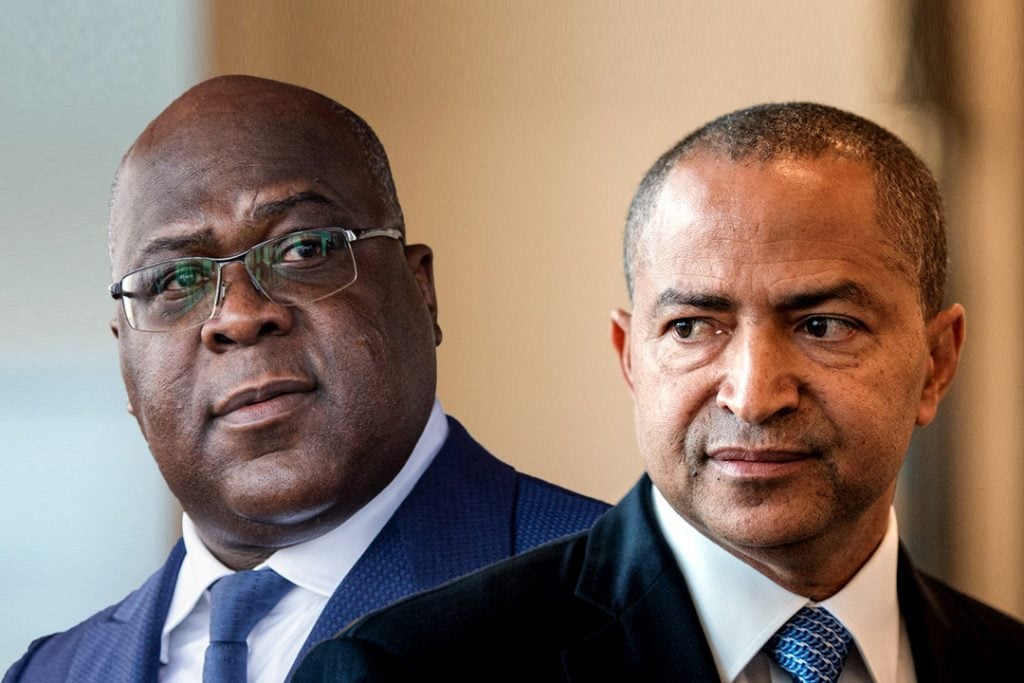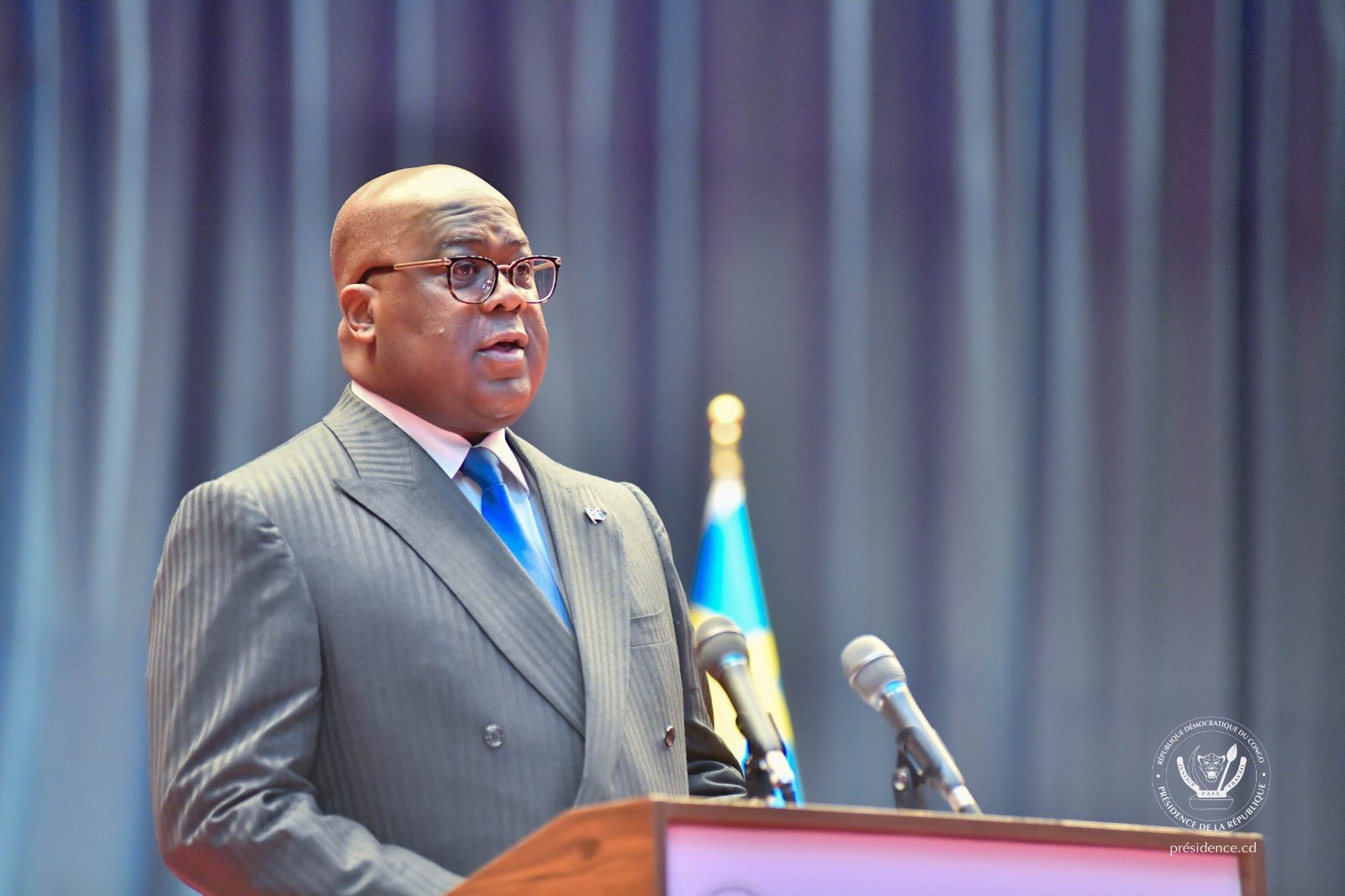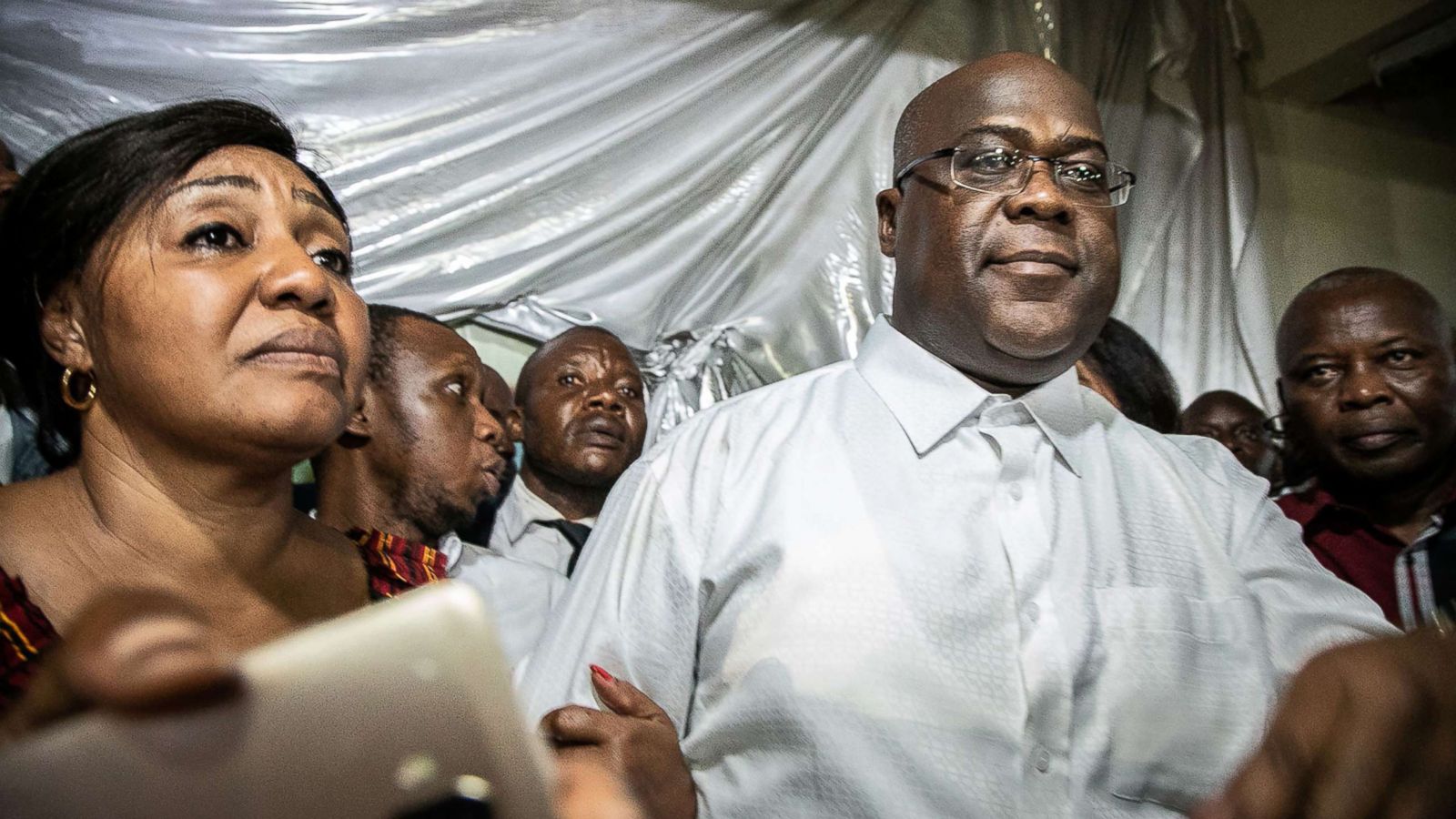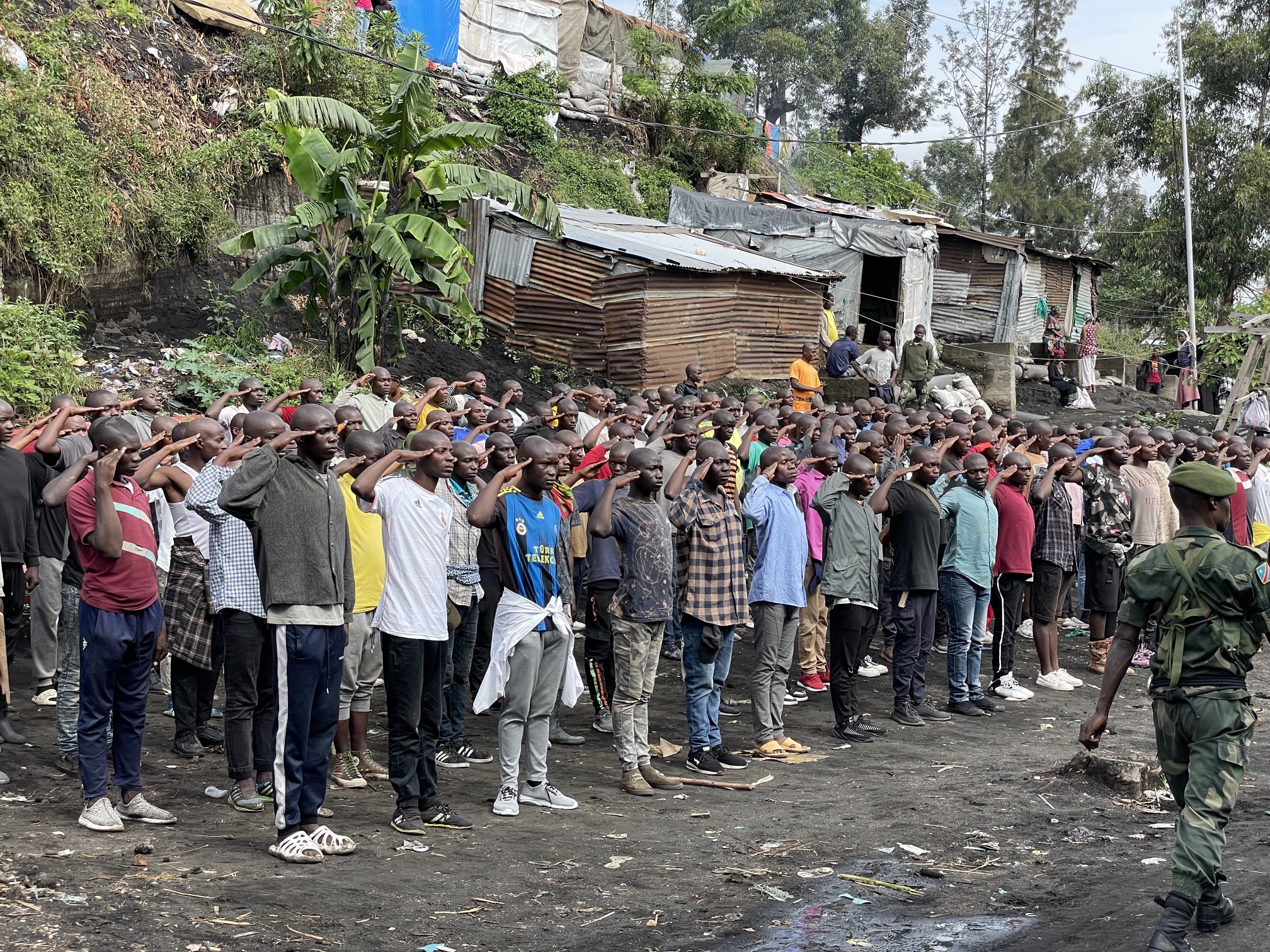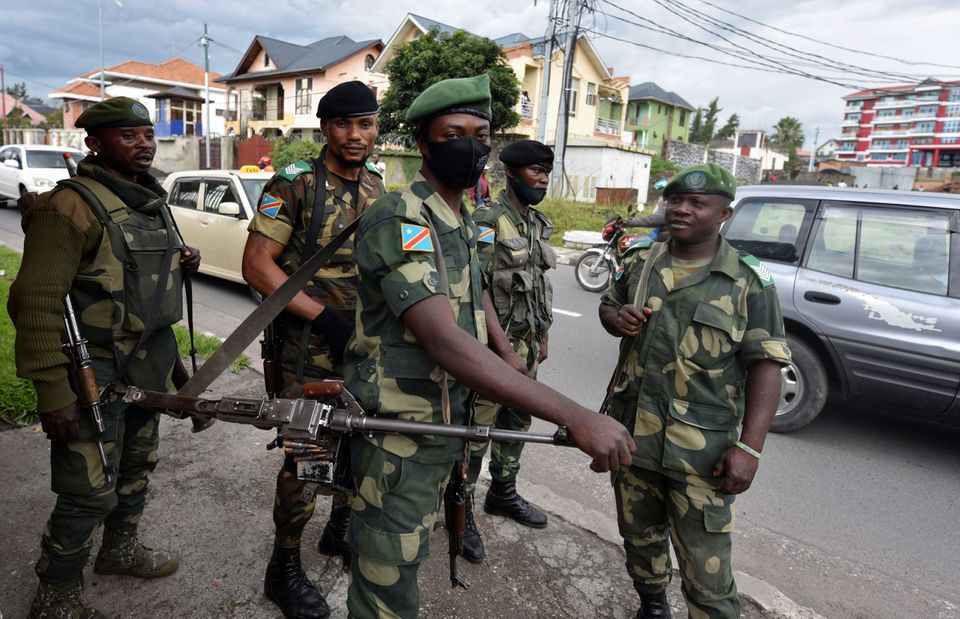Regional
DRC crisis: Worrisome trends of the transition from Tshisekedi to Tshisekedi
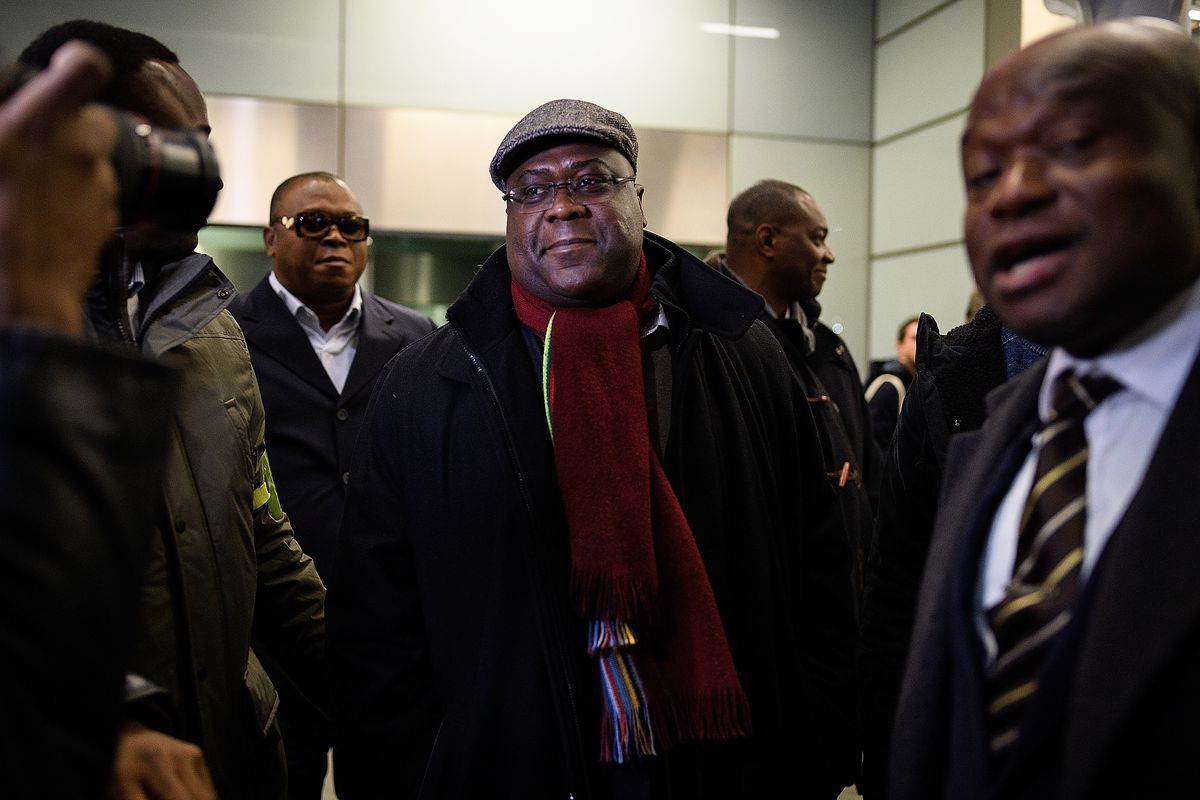
In
August, the Democratic Republic of Congo's ruling party, Union for Democracy
and Social Progress (UDPS), confirmed President Félix Tshisekedi's candidacy
for the 2023 presidential election at an extraordinary congress in Kinshasa.
Although opposition candidates have requested for electoral reforms ahead of
election, nothing has been done.
The UN
Joint Human Rights Office warned Tshisekedi’s government of “political and
electoral violence, arbitrary arrests and detentions, abductions and threats
targeting political opponents."
With
only three months left to the general elections, Congolese expect to hear from
Tshisekedi the level of preparedness for elections, and the Independent National Electoral Commission (CENI) to put up a
calendar for political campaign for presidential candidates.
However, the story from
Kinshasa is different.
All the focus is on how
to divert attention of the Congolese people and the international community, to
how the government is pre-occupied with the war in the east of the country.
When will the state of siege be lifted?
Tshisekedi has refused to lift the State
of Siege in eastern DRC although since the arrival of the East African Community Regional Force (EACRF), the region
has been generally peaceful.
In May 2023, Kinshasa reluctantly agreed to extend the
regional force’s mandate, despite the achievements it counted in its efforts to
bring peace. Early September, again, with Kinshasa dragging its feet, the East
African Community extended the mandate of EACRF until December 8, about two
weeks before the elections.
It has been Tshisekedi’s wish to expel EACRF and MONUSCO and
instead deploy government created and supported militias such as Wazalendo and
foreign terror groups like the genocidal FDLR, to cause more havoc in eastern
DRC and to give ‘justifiable ground’ for postponing elections.
The Congolese people should expect more suffering as the
transition from Tshisekedi to Tshisekedi takes shape before December.
The fear of election defeat is understandable on the side of Tshisekedi,
as the Congolese people know well that he has not registered any achievements
since assuming presidency in 2019.
He has to resort to manipulation of the electoral process and
extension of his mandate as he makes all possible maneuvers to weaken and
silence the opposition.
Implications on
neighboring countries
Armed groups from neighboring countries like Red Tabara from
Burundi, ADF from Uganda, and the genocidal FDLR from Rwanda, have used DRC
territory as their safe haven to plan attacks on their countries of origin.
Tshisekedi has not only armed FDLR, but has taken a dangerous
step further to incorporate them in the national army (FARCD). The DRC,
therefore, will continue to be a source of insecurity to its neighbors contrary
the spirit of EAC regional integration and good neighborliness.
The spillover effect of the crisis in eastern DRC will
continue to create an influx of refugees who will seek sanctuary in neighboring
countries.
Unresolved M23
rebellion
Refusing to acknowledge the M23 rebellion as an internal
political problem that must be dealt with through diplomatic means but, instead,
scapegoating Rwanda, will always undermine peace efforts in eastern DRC.
Despite advice from regional leaders to embrace dialogue with
the rebels, Tshisekedi continues to rely on military force which cannot provide
a lasting solution.
The UN has warned of increased hate speech and violence in
eastern DRC targeting a section of Congolese people.
"We have also
seen an escalation of hate speech and incitement to discrimination, hostility
or violence throughout the country - and particularly against Kinyarwanda
speakers…” the United Nations High Commissioner for Human Rights, Michelle
Bachelet, and the United Nations Special Adviser on the Prevention of Genocide,
Alice Nderitu, said in June.
The M23 rebels say took up arms to fight for their rights as
legitimate Congolese.
As Tshisekedi readies himself to extend his tenure on the
presidential seat, a dark cloud still lingers over eastern DRC, where
lawlessness resulting from roaming armed militias is on the rise, despite
regional efforts to help restore peace.
Without a permanent solution to bring peace in eastern DRC, there will be no peace in the Great Lakes Region.



